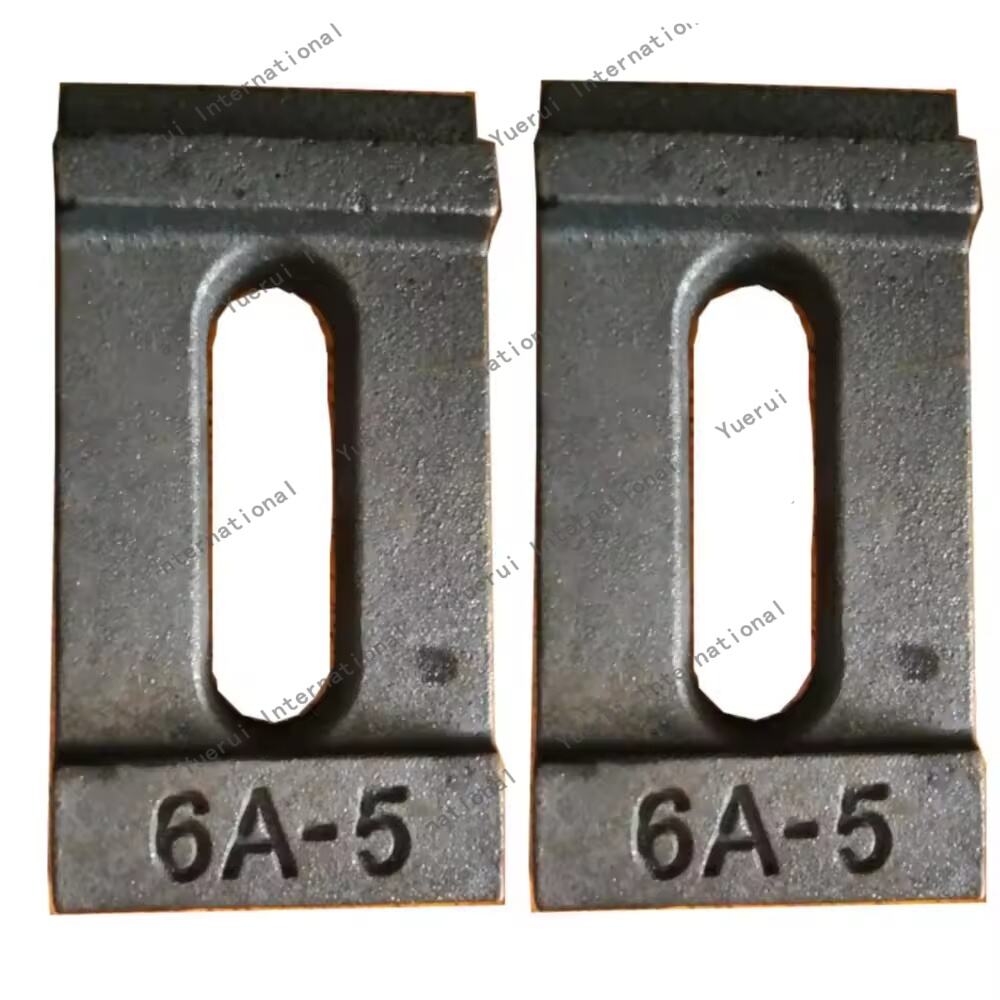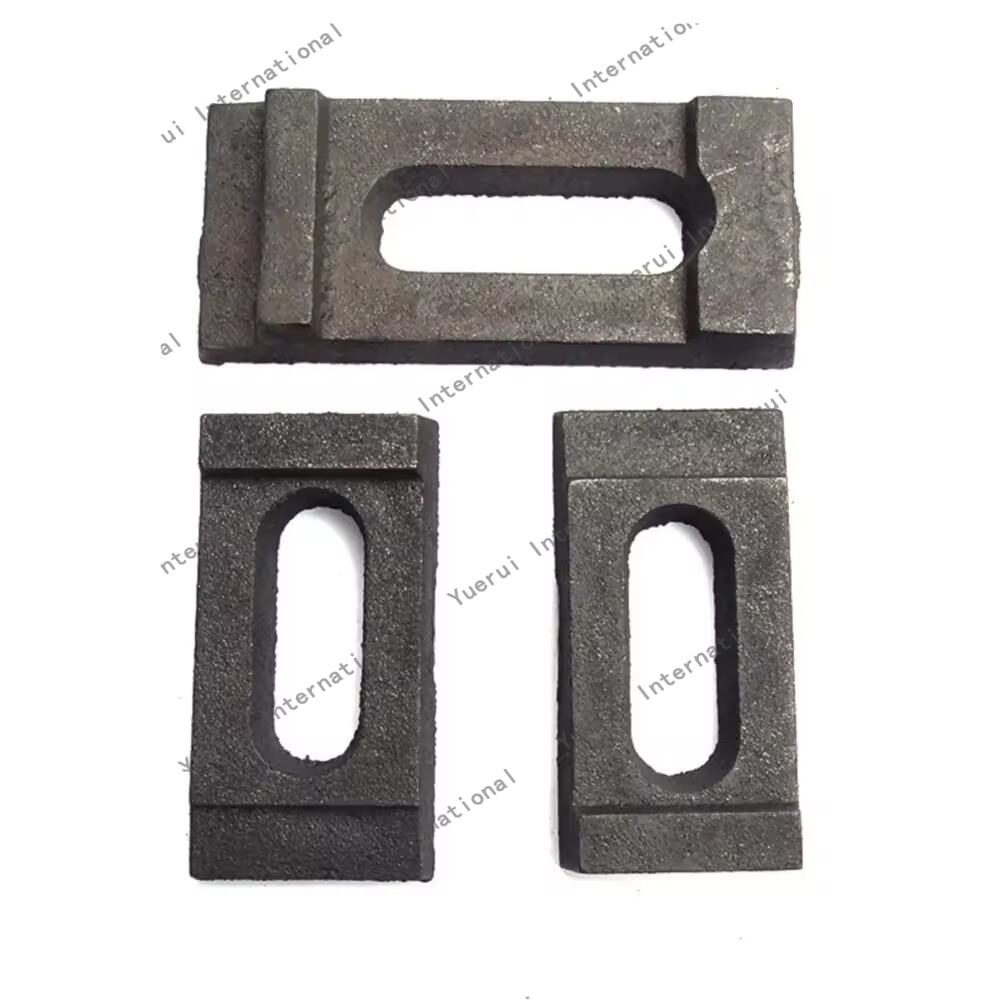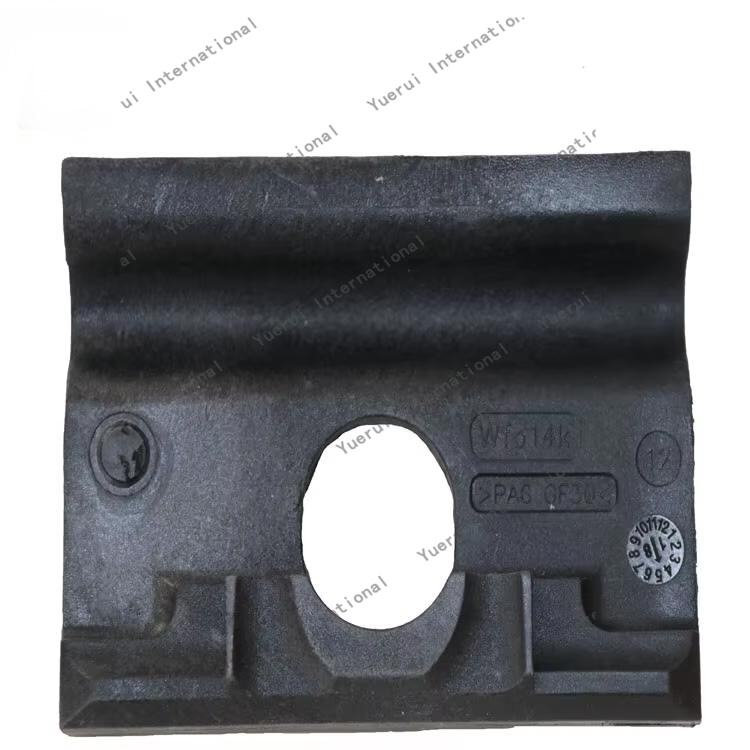standard gauge block
A standard gauge block, also known as a precision gauge block or Jo block, represents the cornerstone of dimensional metrology in manufacturing and quality control processes. These precisely manufactured blocks serve as the primary reference standards for length measurements, calibration, and verification of measuring instruments. Made from high-grade steel or ceramic materials, standard gauge blocks are manufactured to extremely tight tolerances, typically within millionths of an inch. Their exceptional flatness, parallelism, and dimensional stability make them invaluable tools in industrial metrology. The blocks feature highly polished surfaces that can be wrung together to create precise composite lengths, enabling accurate measurements of various dimensions. In modern manufacturing, standard gauge blocks play a crucial role in maintaining measurement traceability and ensuring compliance with international standards. They are extensively used in tool rooms, quality control laboratories, and precision manufacturing facilities for calibrating measuring instruments, setting up inspection equipment, and verifying the accuracy of production tools. The versatility of standard gauge blocks extends to their ability to serve as master references for comparative measurements, making them essential for industries requiring high precision, such as aerospace, automotive, and medical device manufacturing.


